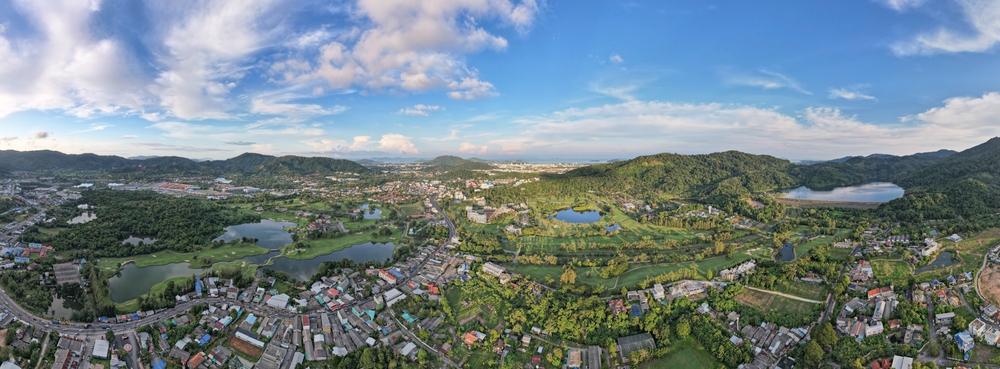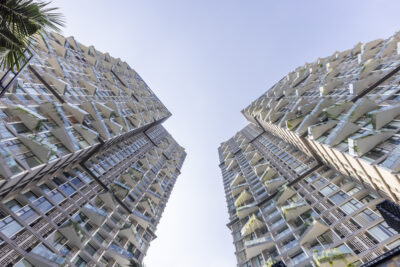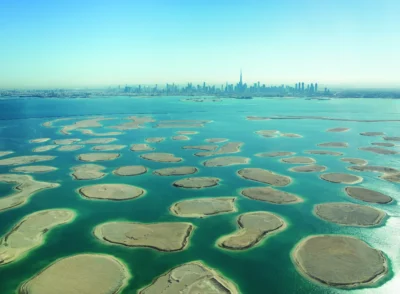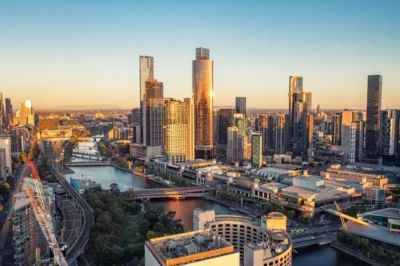Thailand to start allowing foreigners to fully own residential properties in September
This year, the goal is to attract a million new big-spending residents from across the globe

In an effort to boost its economy, the Thai government will start allowing foreigners to fully own residential properties, reported CNA.
According to government spokesman Thanakorn Wangboonkongchana, starting September, foreign nationals will be entitled to own up to one rai (0.2 hectares), given they can invest THB40 million (USD1.1 million) in Thai property, securities, or funds over the next three years.
Sanan Angubolkul, chairman of the Thai Chamber of Commerce, mentioned there should be additional requirements, saying, “Foreigners with the privilege must purchase first-hand land and property only and resell it to Thai nationals only and purchases must be made in designated zones.”
This is in response to how foreign ownership is a sensitive matter in Thailand for nationalistic reasons.
The proposal would offer certain tax incentives and a 10-year visa in an effort to entice more qualified workers and retirees, an initiative the government is willing to do.
Thaiger reported that has been an influx in Thai property sales to wealthy foreigners in the past seven months.
More: Thailand maintains its transparent status for 2022, ranks 10th in Southeast Asia
“We have seen a growth in purchases from high-end buyers from Hong Kong, China, and Russia, amongst many other nations. The Thai property market seems to be the big winner from some of the instability in other parts of the world,” said Brennan Campbell, CEO of FazWaz.com.
Thailand has been a popular destination for expatriate investment, retirement, and starting small businesses for decades. Land ownership for foreigners, however, has been restricted.
This year, the goal is to attract a million new big-spending residents from across the globe. This scheme is projected to add THB1 trillion (USD27.3 billion) to the economy and boost investments by THB800 billion (USD21.8 billion).
Nipon Boonyamanee, the deputy interior minister, anticipates that this will boost the real estate market and benefit properties in Bangkok and other important provinces such as Chiang Mai, Chonburi, Phuket, and Samut Prakan.
The Property Report editors wrote this article. For more information, email: [email protected].
Recommended
Dewan Architects’ Mohammed Adib leads with human-centred design and technological innovation in the Middle East and beyond
Mohammed Adib channels his childhood curiosity and dislike for design uniformity into his work at Dewan Architects + Engineers
UAE real estate shifts focus to sustainability and quality, revitalising iconic projects
The UAE has risen from its challenges to emerge as a more sustainable, quality-focused destination
Exploring A Life By Design’s maximalist approach to interior design
Andrea Savage is embracing the maximalist trend with bold and vibrant interior designs
Jakarta’s emerging innovation hub integrates tech and healthcare sectors
The Digital Hub in BSD City is being positioned as Indonesia’s counterpart to Silicon Valley






